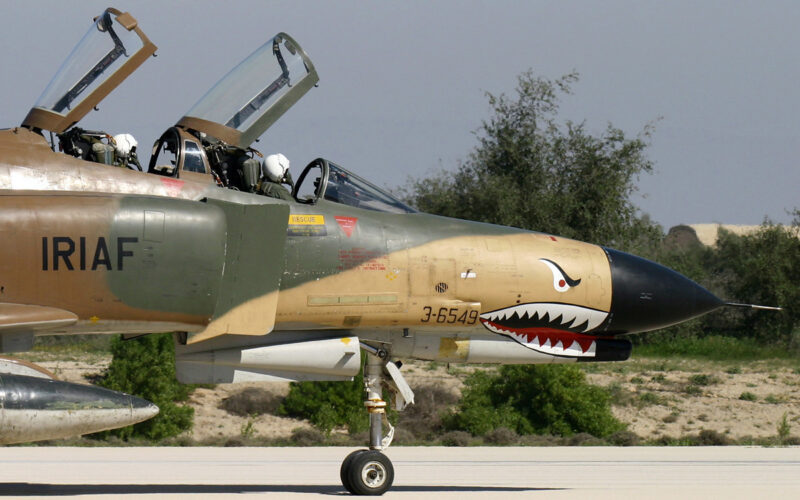The Justice Department has unveiled an indictment against a US-Iranian national for illegally exporting US-manufactured aircraft components to Iran.
The indictment accuses Jeffrey Chance Nader of conspiring to export aircraft components, totaling nearly three dozen pieces. The parts included those used in military aircraft like the F-4 fighter jet, violating US economic sanctions.
According to the indictment, Nader coordinated with Iran-based associates to acquire these components from US suppliers, falsely identifying his company, Pro Aero Capital, as the end user. The parts were intended to be shipped to Iran via the United Arab Emirates.
The FBI and the Commerce Department’s Bureau of Industry and Security investigated the case and stopped the items before they could be exported.
The Justice Department emphasized its commitment to preventing military-grade equipment from reaching “hostile” governments.
“Attacks by Iran and its proxies on US allies in the Middle East and its ongoing supply of Russia with drones and other technology to be used in its illegal war against Ukraine demonstrate why we must do all that we can to stop Iran from acquiring U.S. parts, services, and technology,” commented US Attorney Matthew M. Graves for the District of Columbia.
Why is the Islamic Republic of Iran Air Force operating US fighters?
The Islamic Republic of Iran Air Force (IRIAF) currently operates various fighter jets, most of which are widely considered outdated.
Most of the fleet consists of McDonnell Douglas F-4, Northrop F-5, and Grumman F-14 fighter jets inherited from the Imperial Iranian Air Force, which purchased them from the US in the 1960s and 1970s.
Iran and Russia are listed in the Countering America’s Adversaries Through Sanctions Act (CAATSA), which means that countries and individuals engaging in defense acquisitions with either nation may face sanctions from the United States. The international sanctions have prevented the IRIAF from obtaining parts for over 42 years, leaving it uncertain how many jets are still operational.

